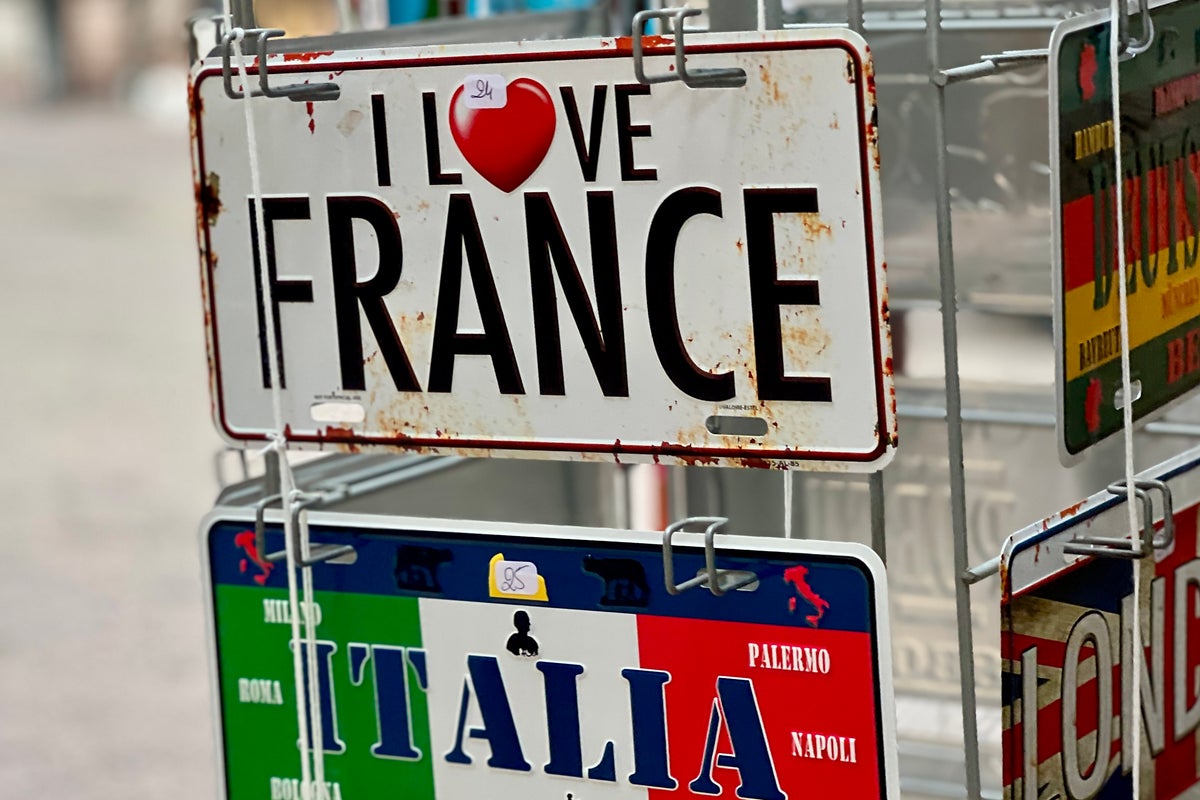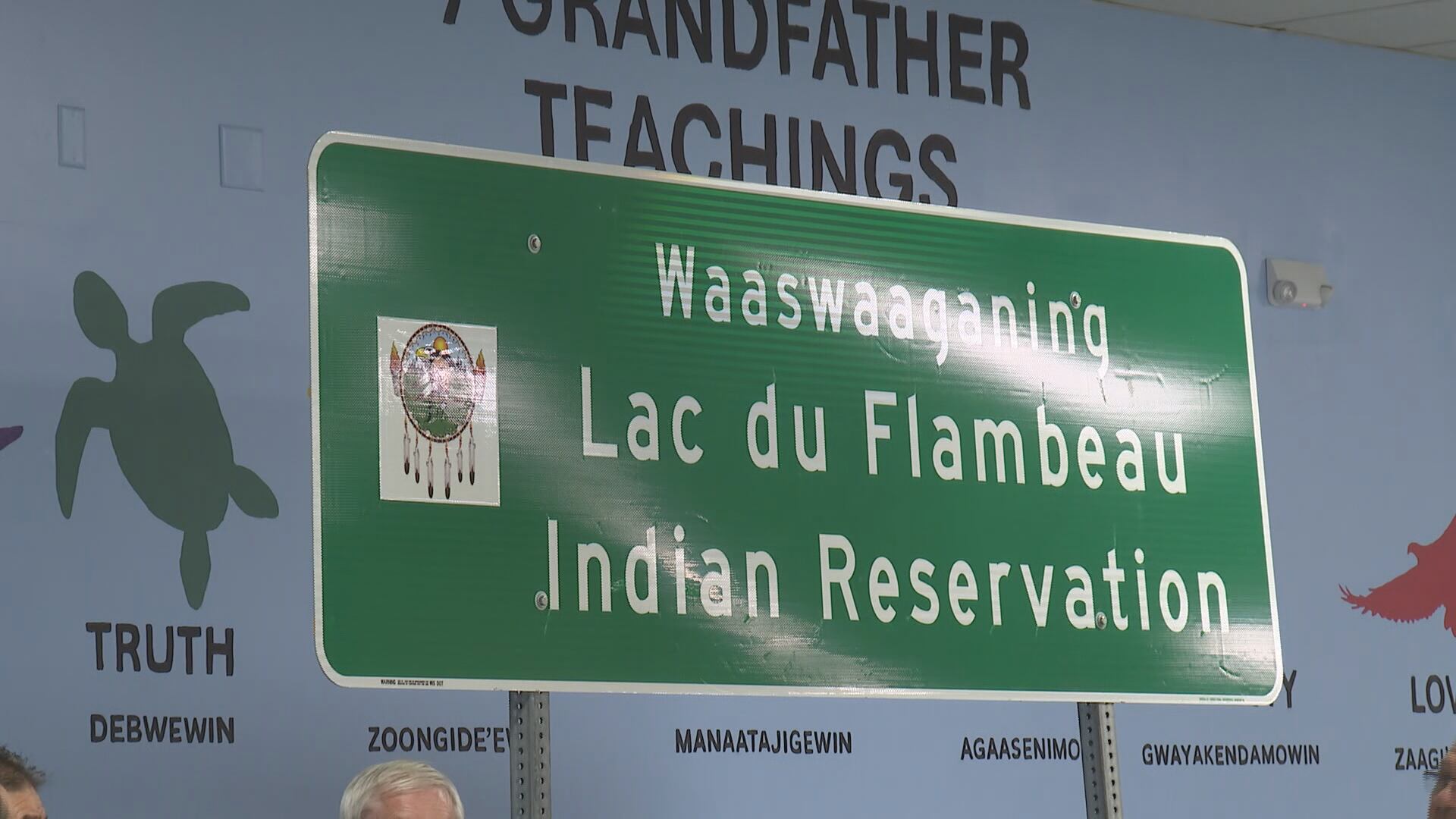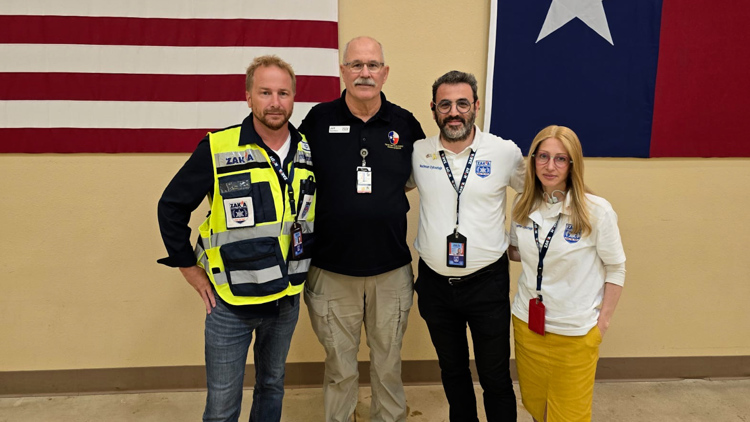One million airline passengers were hit by
a two-day strike
by French air-traffic controllers in early July,
Eurocontrol
has said.
Nearly 3,000 flights were cancelled and more than 7,400 delayed on 3 and 4 July. The pan-European aviation coordinator puts the cost to the aviation industry at €120m (£104m) in lost revenue and expenditure on care for passengers.
The cancellations represented one in 21 of all flights due to operate on two of the busiest days of the summer.
One in nine flights was delayed, by an average of 41 minutes. But as airlines battled to keep their schedules on track, 425 flights were delayed by over two hours.
Controllers walked out in a dispute over what their union, ICNA, says are “glaring staff shortages” and “toxic management that is methodically working to replace operational expertise with bureaucratic autocracy”.
Analysis by
Eurocontrol
and
The Independent
reveals the substantial impact on “overflights” – between airports that are both outside France, particularly those linking the UK and Spain:
- One in three European flights is normally routed to, from or over France.
- Sixty per cent of those are flying over France rather than taking off or landing there.
- One in five of all flights within Europe is scheduled to overfly France.
The average flight anywhere in Europe was 21 minutes late on 3 and 4 July.
The country worst hit by delays was not France – but Spain. With air traffic nearing its summer peak, almost 1,000 flights to and from Spanish airports were delayed – a worse figure than France itself, which had 819 flights behind schedule “as a direct result of the strikes”. The UK was in third place, with 401 flights delayed.
Eurocontrol says the number of cancelled flights serving Spanish airports doubled compared with a normal July day, while France suffered five times as many cancellations.
The worst-affected airports were both in Spain: Palma de Mallorca and Barcelona.
Ryanair
cancelled the most flights: 718 flights, representing 21 per cent of the total schedule.
The chief executive, Michael O’Leary, said: “Ninety per cent of these cancellations would have been avoided, if overflights were protected by the EU Commission during these recreational French ATC [air-traffic control] strikes.”
The boss of Europe’s biggest budget airline is calling on European Commission president
Ursula von der Leyen
to protect overflights during national air-traffic control strikes.
Mr O’Leary said: ”EU Commission president von ‘Derlayed-Again’ in six years has still taken zero action to protect overflights and defend Europe’s single market for air travel.
“What’s stopping French air-traffic controllers from closing the EU skies again next week or the week after with more of these unjustified recreational strikes?”
The environmental impact was substantial as pilots flew around the problem. Eurocontrol says an additional 3.75 million miles were flown, burning 18,000 tons of fuel and creating 60,000 tons of CO2 emissions. Dozens of flights to and from the
Canary Islands
were obliged to extend their journeys by 375 miles each way.
The Eurocontrol study concludes: “An air-traffic control strike in France has the potential to impact a third of flights across the continent, showing the disproportionate impact that disruptions in one busy country can have on the European network as a whole.
“The knock-on effect of delays and cancellations are felt far beyond the country where the strike is taking place, and can impact millions of people in Europe and beyond.
“Although France does have minimum service provisions that prevent the complete closure of its ATC operations, these do not protect overflights. Minimum service regulations across Europe that protect overflights – such as are the case in, for example, Italy and Spain – would better protect the flying public.”
The union involved, ICNA, called the strike “a historic mobilisation” with effects well beyond those predicted.
The Independent is the world’s most free-thinking news brand, providing global news, commentary and analysis for the independently-minded. We have grown a huge, global readership of independently minded individuals, who value our trusted voice and commitment to positive change. Our mission, making change happen, has never been as important as it is today.













aaabet77
AAABET77, not gonna lie, it’s pretty slick. The interface is clean and they’ve got a good range of games. Had a few wins here so I’m happy! aaabet77